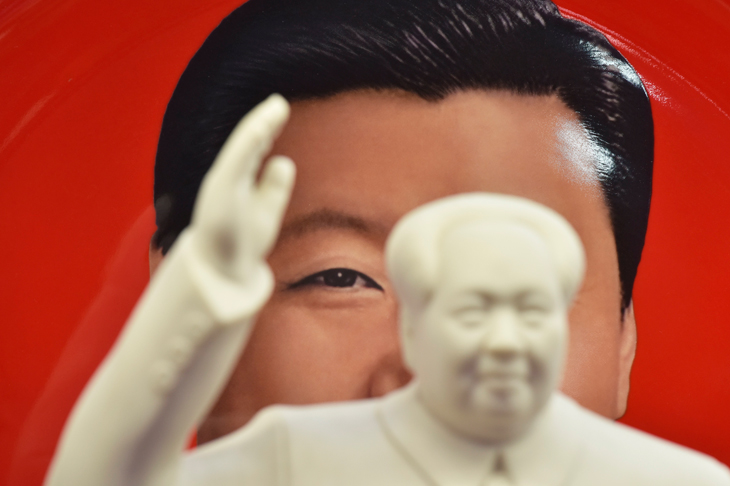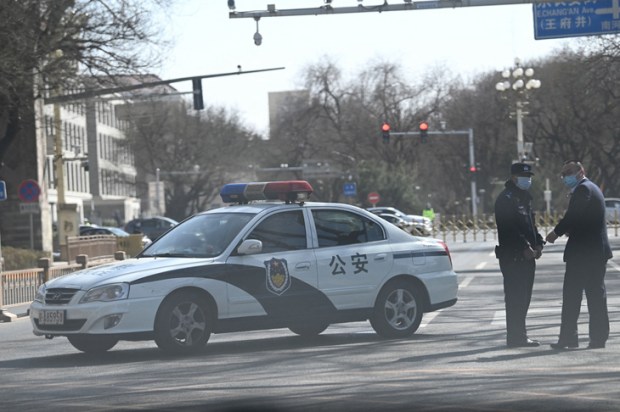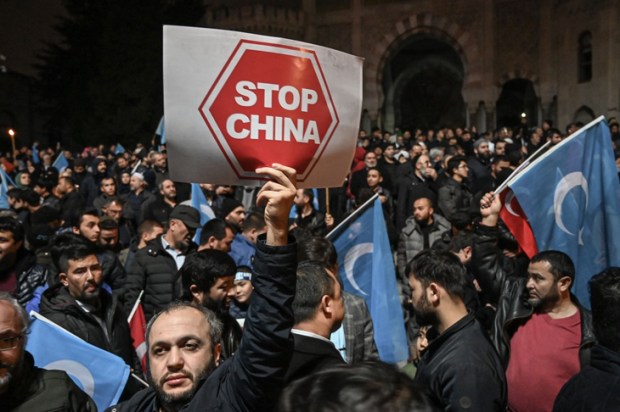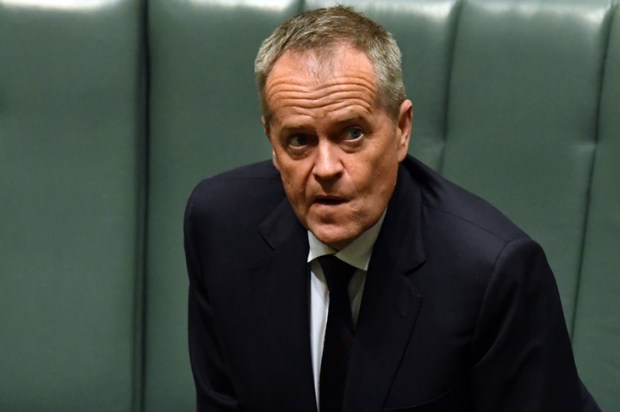Reading the latest official history of the Chinese Communist Party reminds me of looking at a completed game of Snakes and Ladders. All that matters is that the party having reached the winning square is the victor. The ups and downs – the ascension of the ladder and the falls due to poisonous snakes – are immaterial. Moreover, the result is interpreted as the inevitable trajectory and outcome of the game. How else, can the CCP continue to hail Mao Zedong as the ‘great helmsman’ overlooking his murderous ascension to power and his ruthless destruction of millions of Chinese people in clinging to it? In fact, the CCP’s version of history is akin to three games, all with the inevitable result of the three leaders, Mao Zedong, Deng Xiaoping and now Xi Jinping, being the winning player.
Released last year, the document is only the third in the past century, the previous two being issued by Mao in 1945 and Deng in 1981. Interestingly, it treats the history of the CCP as the history of China. As I wrote in last week’s column, the document is less a history of the past, but a justification for the present and a signpost to the CCP’s intended future. This is clear in the emphasis given to various events. For example, the overthrow of the Qing dynasty in 1911 by the Nationalist forces of Sun Yat-sen is given cursory acknowledgement. For Xi the much more significant event was Russia’s October Revolution in 1917, as it was the ‘salvoes’ of which ‘Marxism-Leninism was brought to China’.
In order to sanctify Mao and Deng, all ‘progress’ under their rule was positive, and any mistakes the fault of others. Hence Mao’s ascendency as General Secretary of the party at the expense of his opponents, including the first General Secretary, Chen Duxiu, and his co-founder, Li Dazhao, was the result of their deviation from the correct ideological line. Equally, anybody who had argued for a different approach to Mao (and were eliminated or side-lined, such as Wang Ming), had deviated from the correct line. Linking their activities to the CCP’s military campaign in the official history has a contemporary use, namely a warning to any elements of the PLA who think otherwise that the military is subservient to the party.
Mao’s calamitous programs, such as the Great Leap Forward that resulted in the deaths of some 40 million people, occurred because the ‘Central Committee failed to rectify these mistakes in good time.’ Similarly, ‘the counter-revolutionary cliques of Lin Biao and Jiang Qing took advantage of Comrade Mao Zedong’s mistakes, and committed many crimes that brought disaster to the country and the people, resulting in ten years of domestic turmoil which caused the party, the country, and the people to suffer the most serious losses and setbacks since the founding of the People’s Republic’. Despite this being described as ‘an extremely bitter lesson’, Mao officially remains the ‘great helmsman’ who achieved a prodigious transformation of the country.
In order to explain the various turns in the lifespan of the CCP as consistent with an unchanging Marxist narrative, the document repeats Xi’s constant assertions that the Eighth National Congress, held in 1956 and 1958, recognised that socialism is a stage towards the final attainment of communism. This allows Xi’s contemporary CCP to incorporate Deng Xiaoping’s opening up as central to ‘socialism with Chinese characteristics’, not a deviation from it. Quoting Deng, the document observes ‘when everything has to be done by the book, when thinking turns rigid and blind faith is the fashion, it is impossible for a party or nation to make progress. Its life will cease and that party or nation will perish.’ Many of Xi’s actions since becoming the General Secretary have been directed at controlling this narrative. His ‘common prosperity’ drive is as much about endeavouring to reconcile a system that maintains a Marxist ideology, but has allowed the accumulation of great wealth by individuals, as anything else. A plausible explanation of Deng’s economic direction is required to maintain the CCP’s Marxist ideology. If ordinary Chinese people began to believe otherwise, the edifice of the CCP would be in danger of collapse.
Significantly, the document praises Deng for saving the CCP from the plight of the Soviet Union. ‘The late 1980s and early 1990s witnessed the demise of the Soviet Union and the drastic changes in Eastern European countries.’ In a veiled reference to the unmentionable Tiananmen Square protests, the history adds: ‘In the late spring and early summer of 1989, a severe political disturbance took place in China as a result of the international and domestic climates of the time, and was egged on by hostile anti-communist and anti-socialist forces abroad. With the people’s backing, the party and the government took a clear stand against the turmoil, defending China’s socialist state power and safeguarding the fundamental interests of the people.’
Avoiding the fate of the Soviet Union remains the fixation of the Chinese leadership. Whether Xi actually believes that his leadership is now critical to the existence of a Marxist-Leninist ideological movement or it is simply a means to maintaining the power of the CCP elite is moot. His writings suggest both. Last year, the CCP published a new book, Questions and Answers on the Study of Xi Jinping Thought on Socialism with Chinese Characteristics for a New Era, in which Xi asserted that communism would triumph in the struggle with bourgeois democracy. The world, in his view, is a ‘competition of two ideologies and two social systems.’ While many in the West continue to debate whether we are engaged in a new Cold War, Xi is prosecuting it.
This has a contemporary relevance in relation to Russia. Many commentators have concluded that the recent Russia-China pact in which the two asserted that the ‘friendship between the two States has no limits’ constitutes a new threatening bloc against the West. However, it would be hasty to conclude for example that this means an imminent invasion of Taiwan. The pact is one of convenience, with each leader likely to judge its applicability according to self-interest, as the mixed messages from Beijing about the Russian invasion of Ukraine attest. Pacts between totalitarian regimes are inherently unstable, partially because of the absence of trust born of decades of internal struggles to attain and maintain power.
Got something to add? Join the discussion and comment below.
Get 10 issues for just $10
Subscribe to The Spectator Australia today for the next 10 magazine issues, plus full online access, for just $10.
You might disagree with half of it, but you’ll enjoy reading all of it. Try your first month for free, then just $2 a week for the remainder of your first year.














Comments
Don't miss out
Join the conversation with other Spectator Australia readers. Subscribe to leave a comment.
SUBSCRIBEAlready a subscriber? Log in